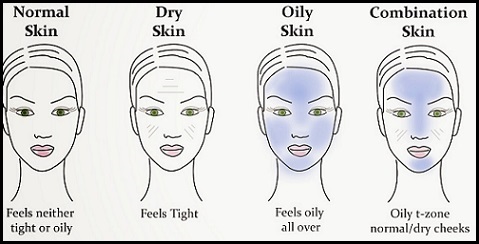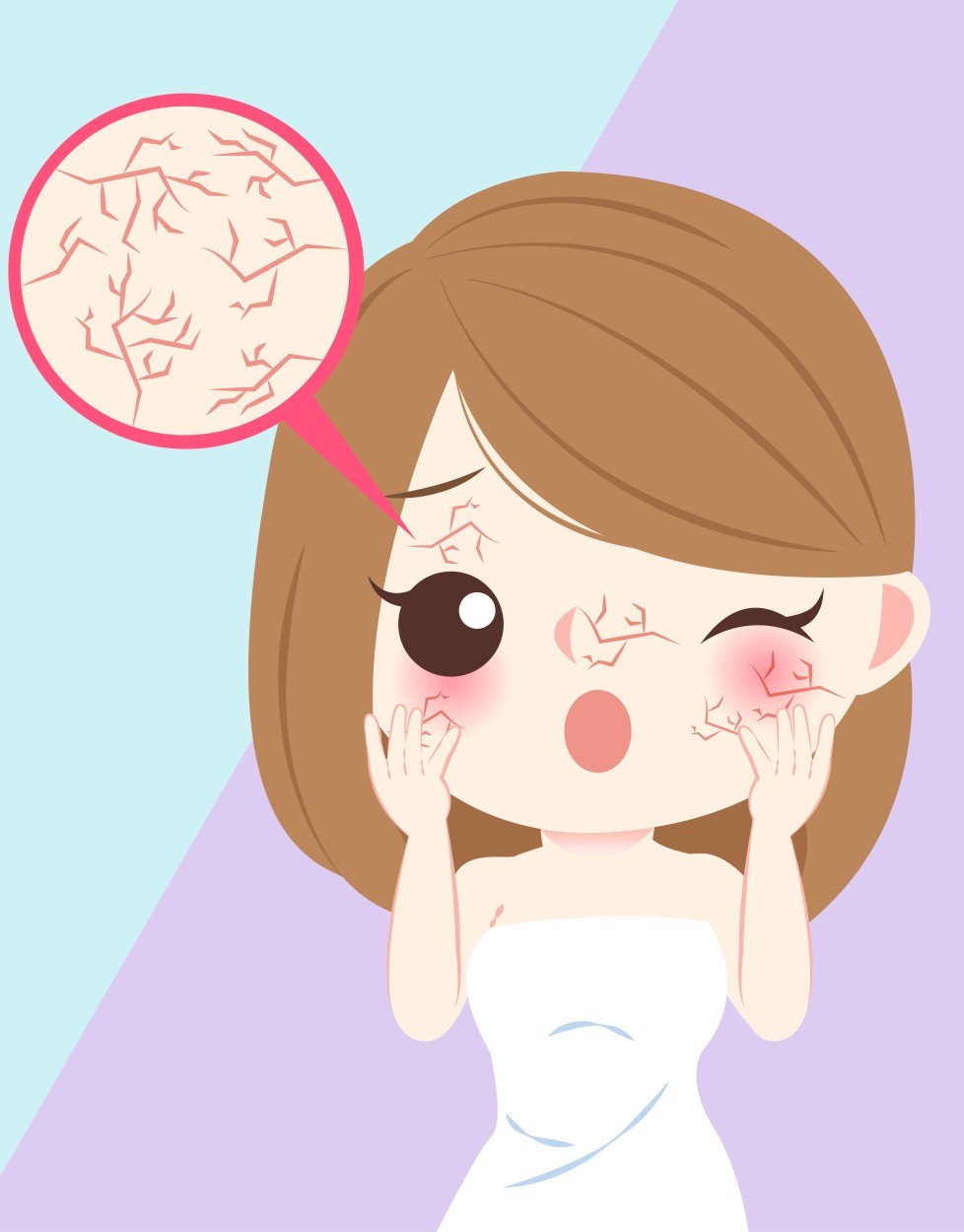What is Dry Skin?
What is Dry Skin?

Dry skin is a common skin condition characterized by a lack of the appropriate amount of water in the most superficial layer of the skin the epidermis. While dry skin tends to affect females and males equally, older individuals are much more prone to dry skin. The skin in elderly individuals tends to have less amounts of natural skin oils and lubricants. Areas such as the arms, hands, and particularly lower legs tend to be more affected by dry skin. Environmental factors, such as humidity and temperature, have a profound effect on the amount of water retained within the skin. Frequent hand-washing and sanitizing causes evaporation and dryness. Dry skin may also be a side effect of some medications as well as a by product of certain skin diseases.
Symptoms
Symptoms of dry skin depend on your age, your health, where you live, time spent outdoors and the cause of the problem. Dry skin is likely to cause one or more of the following:

- A feeling of skin tightness, especially after showering, bathing or swimming
- Skin that feels and looks rough
- Itching (pruritus)
- Slight to severe flaking, scaling or peeling
- Fine lines or cracks
- Gray, ashy skin
- Redness
- Deep cracks that may bleed
Causes
Dry skin often has an environmental cause. Potential causes of dry skin include:

- Heat. Central heating, wood-burning stoves, space heaters and fireplaces all reduce humidity and dry your skin.
- Hot baths and showers. Taking long, hot showers or baths can dry your skin. So can frequent swimming, particularly in heavily chlorinated pools.
- Harsh soaps and detergents. Many popular soaps, detergents and shampoos strip moisture from your skin as they are formulated to remove oil.
- Age. Older adults are more likely to develop dry skin. As you age, your pores naturally produce less oil, raising your risk of dry skin.
- Season. Dry skin is more common during the fall and winter months, when humidity levels are relatively low. In the summer, higher levels of humidity help stop your skin from drying out.
Prevention
Try these tips to keep skin from getting excessively dry:
Moisturize. Moisturizer seals skin to keep water from escaping.
Limit water exposure. Keep bath and shower time to 10 minutes or less. Turn the dial to warm, not hot. Try to bathe no more than once a day.
Skip the drying soap. Try cleansing creams, gentle skin cleansers and shower gels with added moisturizers.
Cover as much skin as possible in cold or windy weather. Winter can be especially drying to skin, so be sure to wear a scarf, hat and gloves when you go out.
Wear rubber gloves. If you have to immerse your hands in water or are using harsh cleansers, wearing gloves can help protect your skin.

Recommends

- Face Cleanse Olive Jojoba & Hazelnut Oil
- Face Radiance Kumkumadi Scrub
- Face Soft Rose Damascena Toner
- Face Radiance Kumkumadi Cream
- Face Firm Sandalwood & Saffron Cream
- Face Moisturize Ylang Yang & Shea Butter Cream
- Radiance Kumkumadi Oil
- Anxiety Reduce Patchouli Oil
- Skin Soft Silky Rose Soap
- Relax Vata Oil
- Focus Rosemary Oil
- Feel Better Rose Oil
- Hydrate Avocado Oil
- Lip Soft Rose Balm
- Dry Reduce Massage Oil
Do it your self
- Super Effective Night Cream - Take Face Firm Sandalwood & Saffron Cream or Face Moisturize Ylang Yang & Shea Butter Cream and mix 2 to 3 drops of Relax Vata Oil apply it overnight. It will help in nourish your skin and gives it a flawless glow.
- Oil for Dry Hair - Take Dry reduce massage oil mix 3 to 4 drop of Anxiety Reduce Patchouli Oil in it. Using your fingertips, massage the oils into your scalp. It will promote a healthy, moisturized scalp and reverse premature greying.
- Oil for Dry skin - Take Dry reduce massage oil mix 3 to 4 drop of Feel Better Rose Oil in it. Gently massage the oil on your face and neck. It can help relieve skin problems, such as acne, dry chapped skin.
- Some Drop into the bath - Now, this is one place your normal lotion can’t go. Add a few drops of Relax Vata Oil to the bath to let the moisturizing process begin as you soak.
- Post-Shower - Before toweling off and while your skin is still damp, drop Hydrate Avocado Oil over your entire body. A little goes a long way and works wonders to replenish dry skin. We like to use the in Teak Rose for its amazing aroma and moisturizing properties.
- Face pack - 1/2 ripe banana, 1 tablespoon honey, 2 drops of Feel Better Rose Oil. Mix all the ingredients to make a smooth paste. Apply all over the face and rinse with water after 10 minutes.
- Body lotion - 1 tablespoon ginger juice, 1 teaspoon honey, 1 teaspoon rose water. Take extract fresh ginger juice and add honey and Skin Soothe Jasmine Water to it. Mix well. Apply the mixture to the skin using your fingertips or a face pack brush. Let it sit for 10-15 minutes and then rinse it off.

